Lyme Disease Cognitive Impairment
Lyme disease cognitive impairment. Objective evidence of cognitive impairment in this population is variable in part due to methodological variability in existing studies. While patients with depression who dont have Lyme disease may also experience cognitive impairment specifically attention problems and slower thinking speed memory deficits and verbal fluency problems are less severe in depression than in post-treatment Lyme disease. Children with Lyme disease had significantly more cognitive and psychiatric disturbances.
However when tick-borne infections go undiagnosed for a long period of time people can experience a range of neuropsychiatric symptoms. Their symptoms included fatigue poor sleep cognitive impairment irritability headaches lightheadedness and joint pain. Lyme disease in children may be accompanied by long-term neuropsychiatric disturbances resulting in psychosocial and academic impairments.
Patient-reported cognitive complaints are common in those with post-treatment Lyme disease syndrome PTLDS. Whatever one calls it the experience is the same. It is difficult to explain exactly how Lyme disease causes cognitive impairments.
Cognitive impairments in patients with persistent symptoms attributed to Lyme disease Abstract. In acute Lyme disease cognitive impairment what most refer to as brain fog is a common symptom. The extract of the bark is commonly used for cleansing and detoxing the brain which has shown to be extremely helpful for those with Lyme Disease suffering with brain fog and memory loss.
In the New England Journal of Medicine Logigian and colleagues described patients with chronic neurologic Lyme disease who had been ill for years. Patients have difficulty keeping track of external and internal events retrieval of information from memory and with planning and sequencing as occurs in attention deficit disorder. Clinical representation of Lyme disease is often the best way for diagnosis.
The variability of these symptoms suggests an episodic release of a endotoxin or cytokine which may contribute to the cognitive dysfunction. The variability of these symptoms suggests an episodic release of a endotoxin or cytokine which may contribute to the cognitive dysfunction. The cognitive deficits in chronic Lyme disease involve primarily attention and arousal mechanisms.
This is an area where considerable research is needed and is beyond the scope of this article. Persistent symptoms attributed to Lyme borreliosis often include self-reported cognitive impairment.
However when tick-borne infections go undiagnosed for a long period of time people can experience a range of neuropsychiatric symptoms.
However when tick-borne infections go undiagnosed for a long period of time people can experience a range of neuropsychiatric symptoms. Could advanced imaging using a Magnetic resonance spectroscopy MRS identify cognitive impairments in the brain of someone with Lyme disease Call for your appointment today 914-666-4665 Mt. While patients with depression who dont have Lyme disease may also experience cognitive impairment specifically attention problems and slower thinking speed memory deficits and verbal fluency problems are less severe in depression than in post-treatment Lyme disease. Posttreatment Lyme disease PTLD is marked by neurologic symptoms cognitive impairment and significant symptom burden including fatigue and ocular complaints. Cognitive deficits were still found after controlling for anxiety depression and fatigue. The variability of these symptoms suggests an episodic release of a endotoxin or cytokine which may contribute to the cognitive dysfunction. The medical community acknowledges that approximately 5-20 of patients may have chronic symptoms after getting Lyme disease often ones that are quite disabling. Epsom Salt Bath - Epsom Salt Baths are commonly used for relieving a. In acute Lyme disease cognitive impairment what most refer to as brain fog is a common symptom.
This is an area where considerable research is needed and is beyond the scope of this article. Patients with persistent symptoms attributed to Lyme borreliosis often report a. Lyme disease brain MRI scans may also show brain involvement Interestingly Lyme disease brain lesions sometimes show up on brain scans and look similar to multiple sclerosis lesions. Lyme disease lesions on the spine are also possible. It is difficult to explain exactly how Lyme disease causes cognitive impairments. Could advanced imaging using a Magnetic resonance spectroscopy MRS identify cognitive impairments in the brain of someone with Lyme disease Call for your appointment today 914-666-4665 Mt. Patient-reported cognitive complaints are common in those with post-treatment Lyme disease syndrome PTLDS.
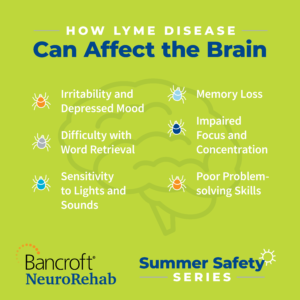

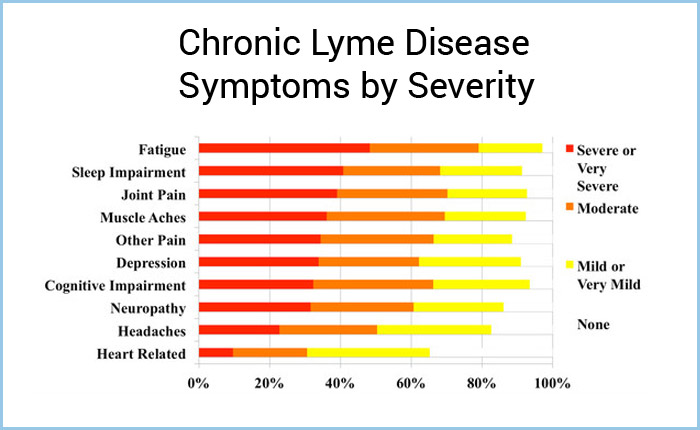

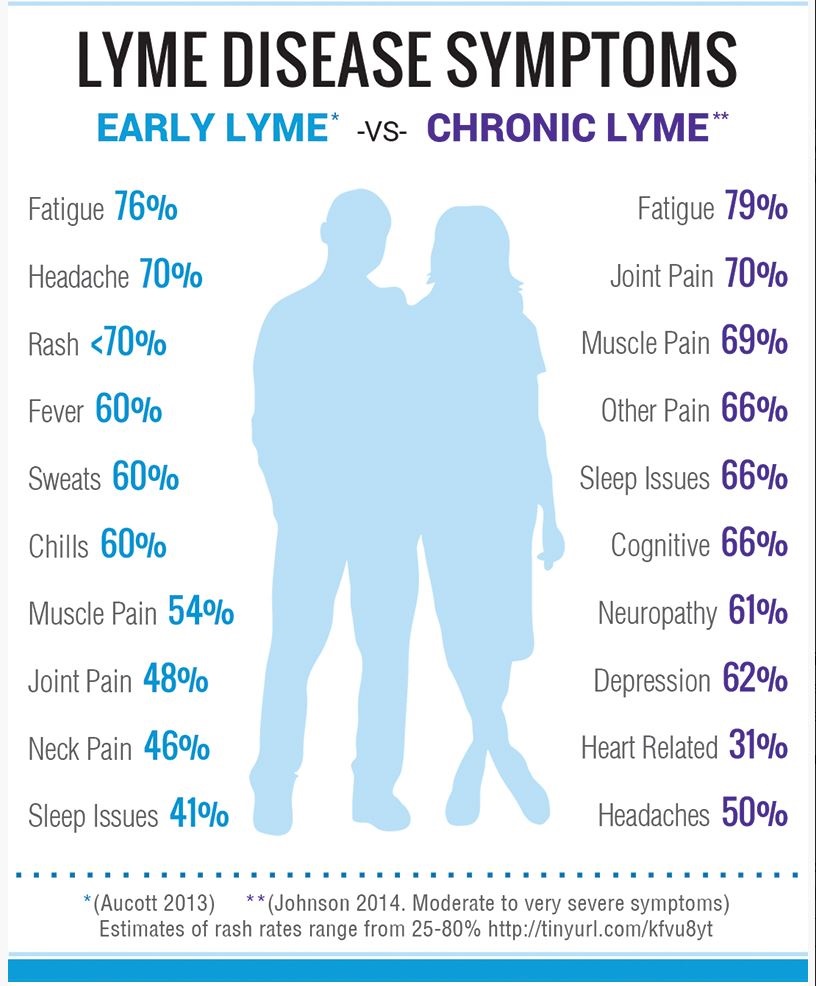
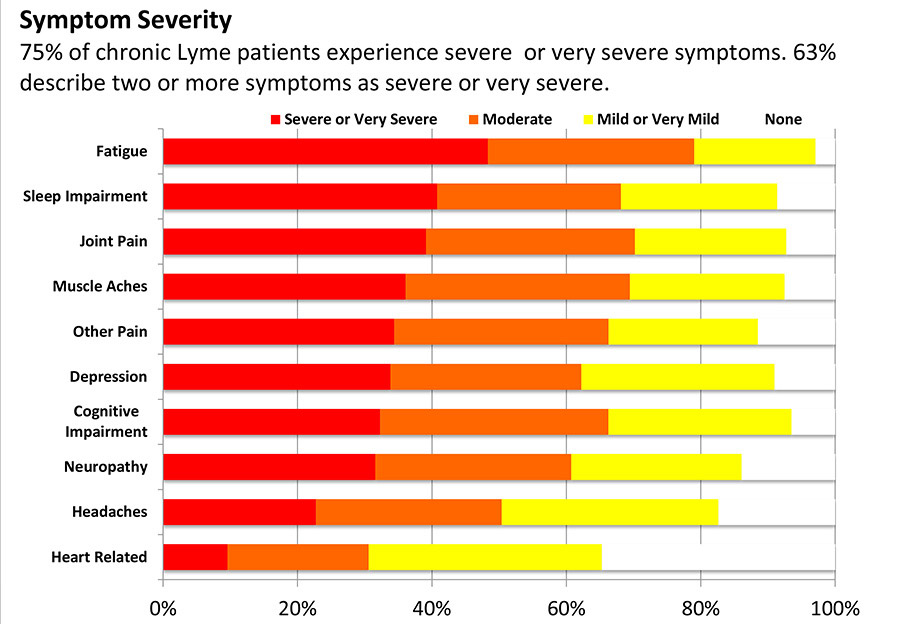







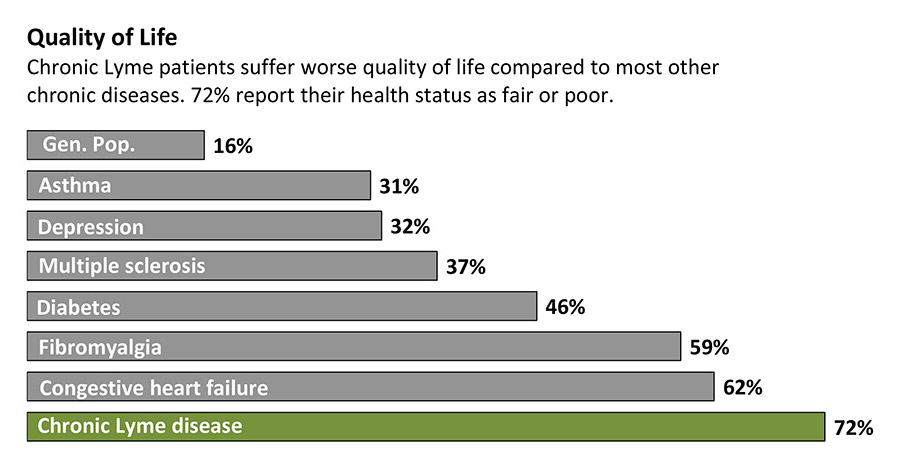




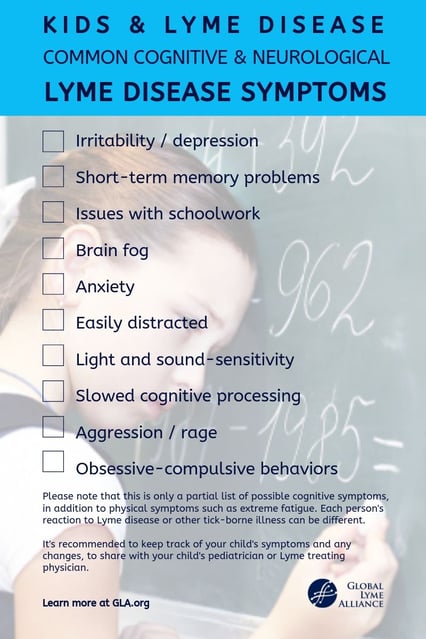


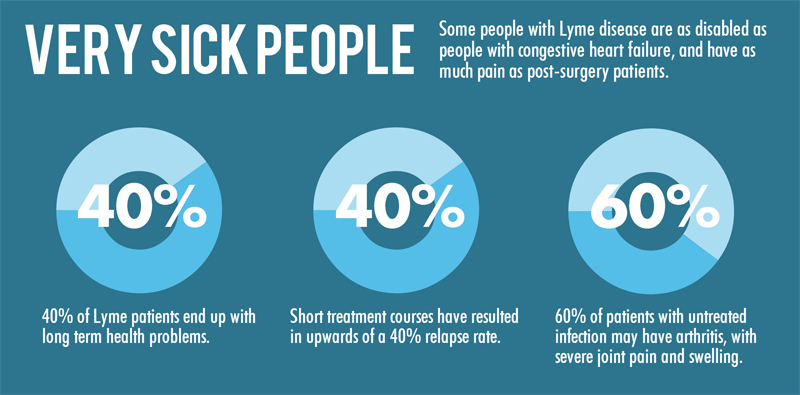





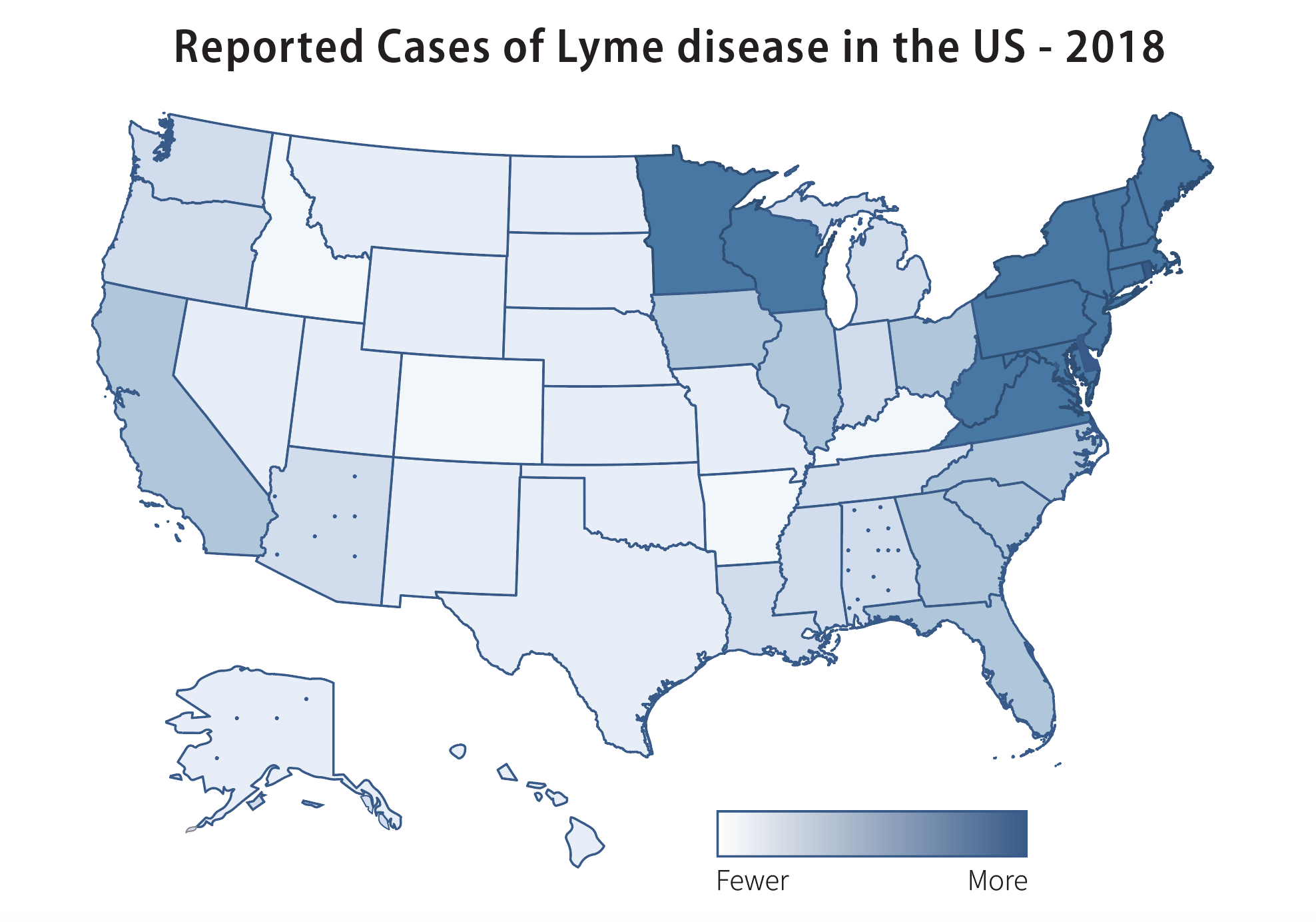

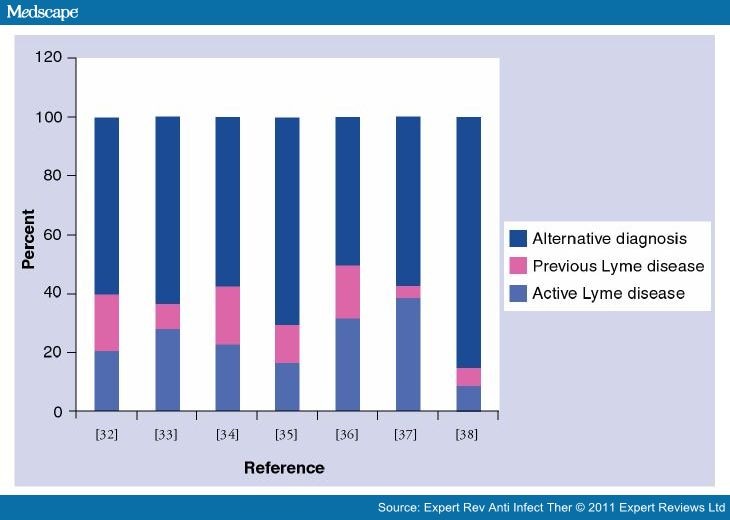
















Post a Comment for "Lyme Disease Cognitive Impairment"